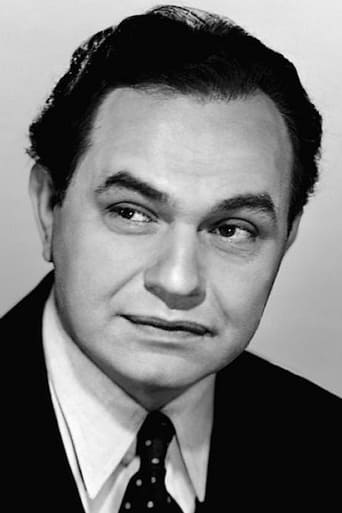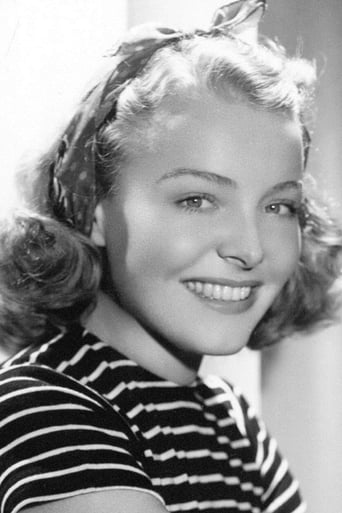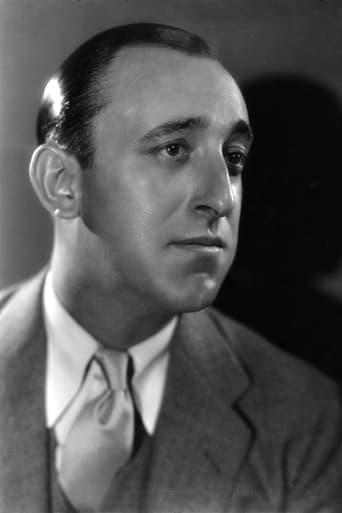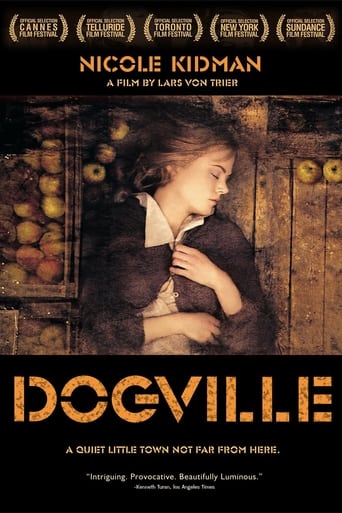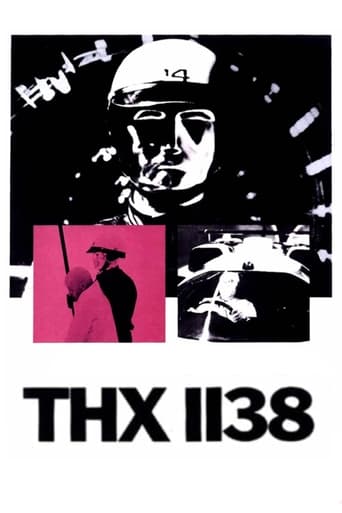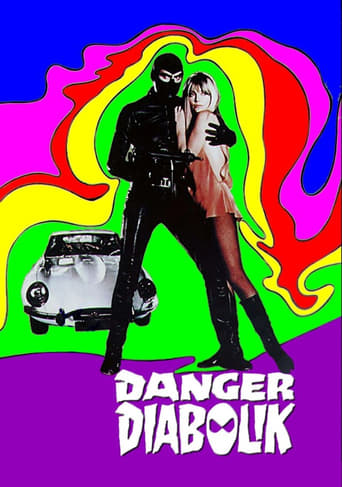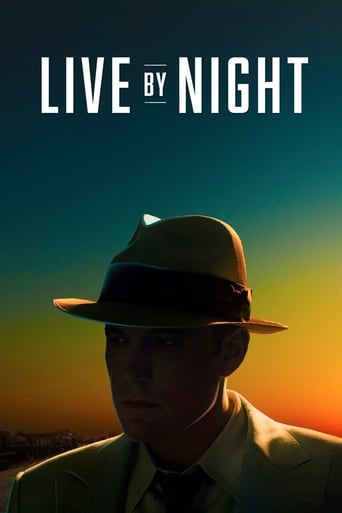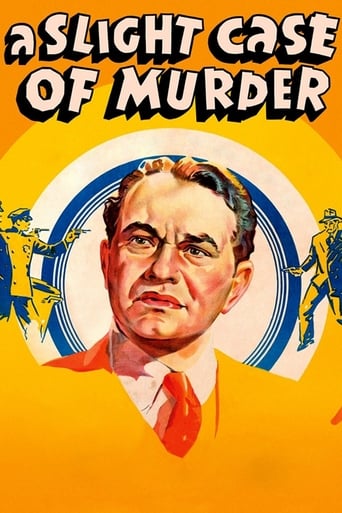
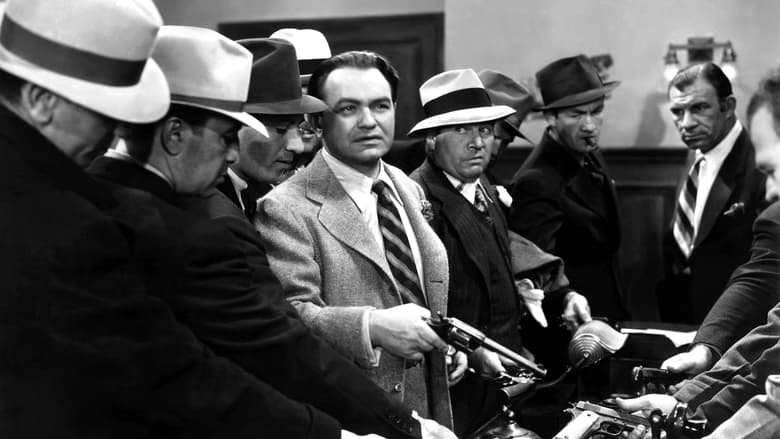
A Slight Case of Murder (1938)
Former bootlegger Remy Marco has a slight problem with forclosing bankers, a prospective son-in-law, and four hard-to-explain corpses.
Watch Trailer
Cast
Similar titles
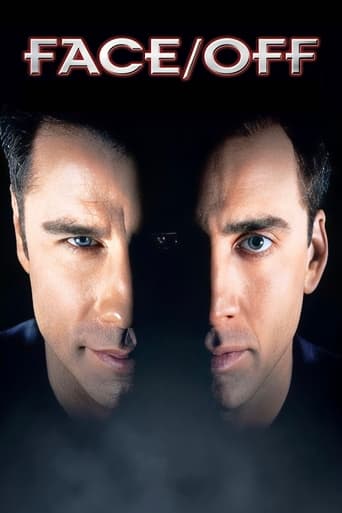
Reviews
Very well executed
best movie i've ever seen.
This is a coming of age storyline that you've seen in one form or another for decades. It takes a truly unique voice to make yet another one worth watching.
One of the most extraordinary films you will see this year. Take that as you want.
Although he had played a variety of roles in his career up to 1938, Edward G. Robinson had become known for his gangster, criminal and tough guy roles. "Little Caesar" of 1931 was the blockbuster film and performance that set the typecast of Robinson for several years. He had done no comedy before "A Slight Case of Murder," but this film showed that he had a knack for humor. This film on DVD has a bonus featurette. In it, film historians and writers say that this was one of Robinson's favorite films. He thoroughly enjoyed making this film, breaking away from his typecast. He would go on to star in more crime, mystery and suspense films, but he also had some very good drama roles in biographies, war films and thrillers. He made three more comedies. Two had plots paired with crime: "Brother Orchid" of 1940, and "Larceny, Inc." of 1942. A good war comedy was "Mr. Winkle Goes to War" of 1944. I devote so much to Robinson here because his role is so different and refreshing, and he plays it to the hilt. It's clear that he enjoyed making this movie. And, while the best humor, and bulk of it in the film, is in his character of Remy Marco, a tremendous supporting cast piles more humor onto the heap. Ruth Donelly plays Remy's wife, Nora. Remy's three lugs are some of the best dopey characters in crime in movies around that time. Allen Jenkins plays Mike, Edward Brophy is Lefty, and Harold Huber is Giuseppe ("Jip"). Other comedy comes from Paul Harvey as Mr. Whitewood and Willard Parker as Dick Whitewood. Bobby Jordan plays Remy's vacation orphan guest, Douglas Fairbanks Rosenbloom. Many others in this huge cast have snippets of humor here and there. The movie is billed as a satire, and that it is. It's a spoof of racketeering and of the very gangland culture that arose during prohibition. The film is based on a Damon Runyan play. Runyan was known for his chronicling of life on the streets of New York, especially around Broadway; and the stories he wrote, many of which were made into stage plays and/or movies. E.G. Robinson never won an academy award, but he was a highly acclaimed actor for four decades. He was well liked off screen by his colleagues who found him to be a gentle soul. In his real life he was a refined person who could speak several languages. He was a serious collector of art, especially paintings. In his tough guy and criminal roles, his characters often were poorly educated guys who spoke street language. So, when one knows his real background, Robinson is very funny as he rattles off his dialog in this comedy satire. I can imagine him and others of the cast cracking up between takes, at some of the buffoonish dialog. Here are some of my favorite lines from this film. Remy, "Oh, and by the way – have Mike take the spittoons out of the living room.""Dear boss, we've tooken a half hour off. Mike." Remy, "Look at the way he spells tooken – with two o's."Norma, "I'm thinking of your father. He doesn't like ruffians. He's a pacifist."Remy, "Never treat a sucker like so much dirt when he's down. Play ball with him and you'll find you always get a little better edge in the end."Remy," And remember, you always come out on top with honesty, integrity, and a good hard right to the button."Mike tells Remy they found Dutch Schultz and three others bodies upstairs. "They were shot right in the middle of a game, and one of 'em had a king flush." Remy, "Which one of 'em had the king full, Little Dutch?" Mike, "Yeah." Remy, "I thought so. Lucky fink, that Little Dutch." The boys at Star of Good Hope Orphanage sing a song when their distinguished alumnus, Remy Marco, comes to visit. "How do you do, Mr. Marco, how do you do? All the happy little orphans welcome you. We are glad that you are here, 'Cause you always bring a cheer. How do you do, Mr. Marco, how do you do?"
This would seem to have all the elements for a good Thirties comedy. Robinson with his great timing and the great Damon Runyon sounds like a very winning combination. However, the film got rather heavy-handed treatment from the adapters and Damon Runyon's material seems more out-dated than retro chic. The Bowery Boys-like characters make things quite obvious that the treatment will be rather crude and Lloyd Bacon's perfunctory treatment and static direction don't help much either. "Arsenic and Old Lace" is around the corner with Capra's stable of character actors. This seems to just miss the mark.Curtis Stotlar
Edgar G. Robinson has the hounds yapping at his rear in "A Slight Case of Murder," a very funny 1938 comedy from Warner Brothers. Robinson sends up his gangster image as Remy Marko (who speaks of himself in the third person), who is a legit brewer now that Prohibition has been repealed. He has a daughter (Jane Bryan) in one of the best schools in Europe. However, his brewery has been steadily failing because his beer tastes horrible - and no one's told him. The bank is calling his half a million dollar mortgage, his daughter comes home engaged to a state trooper, and when he arrives at his country home, one of his men finds four dead bodies who had been playing cards in an upstairs bedroom. On top of all of this, he's chosen a young boy from his alma mater, an orphanage, to spend the summer in Saratoga. Let's put it this way - the head of the orphanage asked that this kid, Douglas Fairbanks Rosenbloom, be released from the cellar in order to accompany Remy. No bright spots anywhere.Robinson is a riot as a complete thug who believes he should be President of the Community Chest, and Ruth Donnelly is good back-up as his wife who yells at the gangsters who surround her if they don't call her ma'm and act like servants. When their daughter's fiancé arrives in uniform, the couple is thrown into a complete panic because they think the police want them for something. When his well-to-do parents arrive, Remy agrees to accept them even though they have a cop in the family, to the complete effrontery of the boy's father. Then the four dead bodies - who are believed disposed of on the various porches of Remy's enemies - show up again, and the orphans finds the spoils of a robbery.It's non-stop chaos and giggles. Robinson plays his part like he's Little Caesar and he's fabulous. Allen Jenkins is very good as one of his henchmen, and Jane Bryan, who would quit her career to marry the owner of Rexall Drugs, is lovely as his daughter. Her fiancé, played by tall, athletic Willard Parker, may be recognizable to baby boomers from "Tales of the Texas Rangers." Here, he's serious and uptight, which the role calls for, and seems older than his 26 or so years.Extremely enjoyable and really shows that Robinson, like Bogart and Cagney, could do just about anything.
"A Slight Case of Murder" is a delightful gangster comedy written by the legendary Damon Runyon and directed by Lloyd Bacon. It's also a nice change of pace for star Edward G. Robinson who gets to display his comedic talents as he spoofs his gangster image.Remy Marco (Robinson - in an obvious spoof of his "Rico" character in "Little Caesar") is a bootlegger who has made his fortune running illegal beer during prohibition. When prohibition ends, Marco proudly announces that he's going to be strictly legit, believing that he will no longer need strong arm tactics, and that he will continue to rake in the money from legal sales. What he doesn't realize is that because he's never actually tasted his own brew, is that it tastes awful.Now that the public can buy well brewed better tasting beer legally, Marco sees his fortune disappear over the ensuing four years. On the verge of bankruptcy, he finds himself in debt over a half a million dollars and has to deal with two predatory bankers Post (John Litel) and Ritter (Eric Stanley) who are trying to foreclose on him.Marco's daughter Mary (Jane Bryan) has returned home and plans to marry the bumbling State Trooper son, Dick Whitewood (Willard Parker) of business tycoon Paul Harvey. Marco and his wife Nora (Ruth Donnelly) plan to host an engagement party at their country house in Saratoga. What he doesn't know is that a rival gang has heisted $500K from bookies and are holed up in Marco's house.With his three stooges, Mike (Allen Jenkins), Lefty (Edward Brophy and Gip (Harold Huber), Marco learns that four of the five gangsters have been murdered and their bodies left in a guest bedroom while the fifth hangs around trying to escape with the money. The satchel containing the money is found by an orphan with the distinguished moniker of Douglas Fairbanks Rosenbloom (Bobby Jordan), who had been brought by Marco from the orphanage for the weekend.And then the fun starts.Robinson proved that he could play comedy and ranked this film among his favorites. But Warner Bros. saw him as a gangster and so he had difficulty breaking away from that genre. After he left Warners in the early forties, he turned in a number of great performances notably in "Double Indemnity" (1944) and two FRitz Lang classics, "The Woman in the Window" (1944) and "Scarlett Street" (1945). Oddly enough, he returned to Warners Bros. in 1948 to play gangster Johnny Rocco in "Key Largo" (1948).
